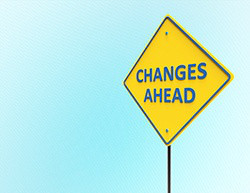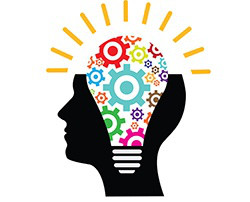 Houston America, we have a problem - a sleep problem that is.
Houston America, we have a problem - a sleep problem that is.
Technological advances in our society have not only made us more productive, they have pushed employers’ productivity goals to the brink of our own exhaustion. This technology urges us to track everything, become more task-oriented, and fill our schedules with events. So much so that in America, if you ask someone how they’re doing, there’s a good chance they’ll say, “Oh, you know, busy…” followed by a laundry list of reasons why they are. But why is this? In our current society, we tend to wear “busy” as a sort of badge of pride. This can often leave us feeling overwhelmed, yet accomplished. What does this mean for your employees?
In a 2011 study by the Journal of Sleep Research, participants reported sleeping an average of 6.7 hours on workdays and 7.4 hours on non-workdays. Individuals said they needed 7-8 hours per night to be at their best during the next day. Clearly, we could use some improvement.
“As workdays become longer and technology allows us to work from home at any time in the 24-hour day, there is a real need to assess how work habits impact sleep and how sleep impacts work performance in the US.” (JSR, 2011)
This pattern often leads to something called presenteeism. Presenteeism is what occurs when an employee is physically at work, but they may be distracted by other life issues. This could be due to coming to work sick, worrying about life at home, money stress, or often, working too much in order to give off the impression one is working hard. These issues may not be resolved by sleeping more or improving sleep quality, but they will not be hurt by it.
Why Is Sleep Important?
The National Institutes of Health sums it up well on their website:
Sleep plays a vital role in good health and wellbeing throughout your life. Getting enough quality sleep at the right times can help protect your mental health, physical health, quality of life, and safety. The way you feel while you're awake depends in part on what happens while you're sleeping. During sleep, your body is working to support healthy brain function and maintain your physical health. In children and teens, sleep also helps support growth and development. The damage from sleep deficiency can occur in an instant (such as a car crash), or it can harm you over time. For example, ongoing sleep deficiency can raise your risk for some chronic health problems. It also can affect how well you think, react, work, learn, and get along with others.
Mental health, physical health, safety. These are factors your workplace wellbeing strategy should be aiming to support. If sleep can have such an impact on these elements, then shouldn’t your programs be considering ways to educate and promote healthy sleep habits?
For more information about the importance of sleep, check out this infographic from the National Institutes of Health.
What Can Be Done To Improve Quality/Quantity Of Sleep?
As part of your organization’s workplace wellbeing efforts, you can help educate employees on the importance of sleep and ways to improve the quality and quantity of their sleep. Here are a few suggestions:
- Get a little exercise. Morning exercise not only helps give you stamina throughout the day, it helps you sleep better at night too!
- Avoid caffeine after certain times. The suggested time varies, but generally between 4 and 6 hours before bedtime is a good time to stop consuming caffeine. Remember, chocolate has caffeine!
- Turn to reading over the TV. Televisions and other electronics emit blue light, which lowers an important natural chemical in the brain that helps us sleep.
- Keep late night snacks and alcohol to a minimum. Alcohol and snacks may be tempting when you are hungry or think that a drink will help you fall asleep, but both will interrupt your sleep because your body will be digesting while you are trying to sleep. Try a glass of water to help you feel fuller before bed.
Being “busy” and losing sleep because of it is costing us in the workplace. Chronic tiredness is akin to showing up to work drunk. This not only makes employees less safe, less productive, and less focused at work, but can also impact their home lives. Safety and employee wellbeing go hand-in-hand, and this is no exception.




